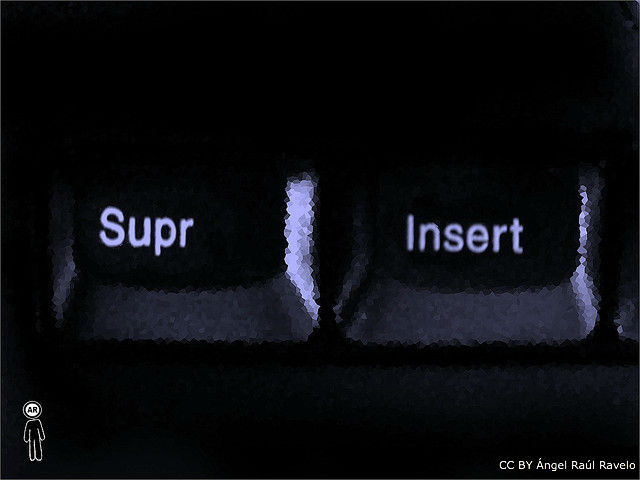Freedom of expression on the Internet: opportunities and challenges for Latin America
by Digital Rights LAC on December 19, 2014
The right to freedom of expression has been defined as “the fundamental pillar” of the democratic system. It has been subject to generous interpretations issued by the organs
of the Inter-American Human Rights System (IAHRS). As a result, high standards for the protection of such right have been created.
By Eleonora Rabinovich* Asociación por los Derechos Civiles (ADC)
Such standards offer an appropriate regional framework when thinking about the exercise of freedom of expression in the digital area. The “dual dimension” –individual and collective- of the freedom of expression allows its scope to be reinstated in order to deal with current situations in different countries of Latin America arising as a consequence of cases of inequality in the access to technologies and cases of policy decisions, legal regulations and judicial decisions which tend to limit the expression on the Internet. On the other hand, the wide recognition of the freedom of expresion, in all its forms and manifestations, also becomes useful to assess the forms to exercise expression which are specific to an interactive and multidirectional media such as the Internet.
The Special Rapporteurship for Freedom of Expression of the Inter-American Commission on Human Rights (IACHR) addressed, in the past years, several of the different aspects of this phenomenon. It did so through Joint Declarations –with the UN Rapporteurship, OSCE and the African Commission on Human Rights- and through a specific chapter in its last Annual Report.
In such report the Rapporteurship develops valuable principles to protect the right to freedom of expression in the digital area, including topics such as net neutrality, intermediaries’ liability, the locking and filtering of contents, the relation between privacy and surveillance of communications, and the access to the Internet, among others. The Rapporteurship emphasizes that Section 13 of the American Convention on Human Rights –which proclaims the right to freedom of expression- is “fully applicable to communications, ideas and information one can spread and have access to via the Internet”. Likewise, the Rapporteurship highlights that the online environment does not only make it easier to exercise such right, but it also provides the best conditions for the exercise of other fundamental rights, such as education and freedom of association.
During the hearing held in the IACHR the past October 28 –where a group of organizations expressed our opinions regarding the impact of the Internet in the exercise of human rights –from ADC we talked about the main challenges and opportunities which arise within the region regarding the validity of the principles developed by the Inter-American Human Rights System with respect to freedom of expression.
These are some of the risks we highlighted:
1. Within the region, the extent of Internet intermediaries’ liability regarding the user generated content is being discussed. In some countries’ case-law, intermediaries were held liable. The penalties have ranged from precautory measures which ordered the elimination of certain search results to compensations for damages of different amounts.
2. Legislative or judicial discussion regarding the elimination of contents any individual may consider inappropriate is also a concerning trend within the region. In Colombia, for example, the Constitutional Court analyzes a case in which a court of appeal ordered the newspaper El Tiempo to remove an article which showed ajudicial investigation.
3. There are judicial and administrative decisions which represent a clear step backwards the Inter-American standards. One example is seen in the excessive use of criminal law and civil law to silence critical opinions regarding public interest topics; another example is seen in the excessive use of copyright. Likewise, there are legislative discussions that do not take into account the principles of the IAHRS properly. In Ecuador, for example, the Communication Law limits anonymous speech. In Argentina, a bill intended for the protection of sexual exploitation victims may allow the elimination of legal contents.
4. There are examples of countries in Latin America where governments have blocked public interest content on the Internet. Positive trends showing us the opportunities regarding legislation and public policy within the region can also be found. The Brazilian Civil Rights Framework for the Internet is one of them. The recent ruling of the Argentine Supreme Court regarding intermediaries’ liability is another.
In the next years, these and other discussions will have to be solved. The Inter-American Human Rights System provides us with powerful tools to achieve an outcome in terms of regulations and policies which respect freedom of expression.
Deputy Director, Asociación por los Derechos Civiles (ADC)






